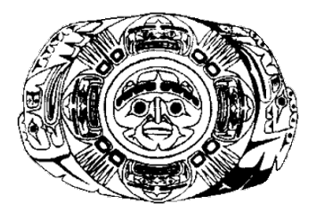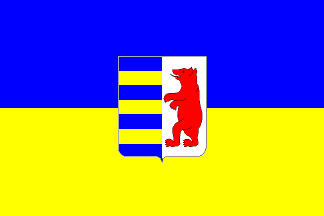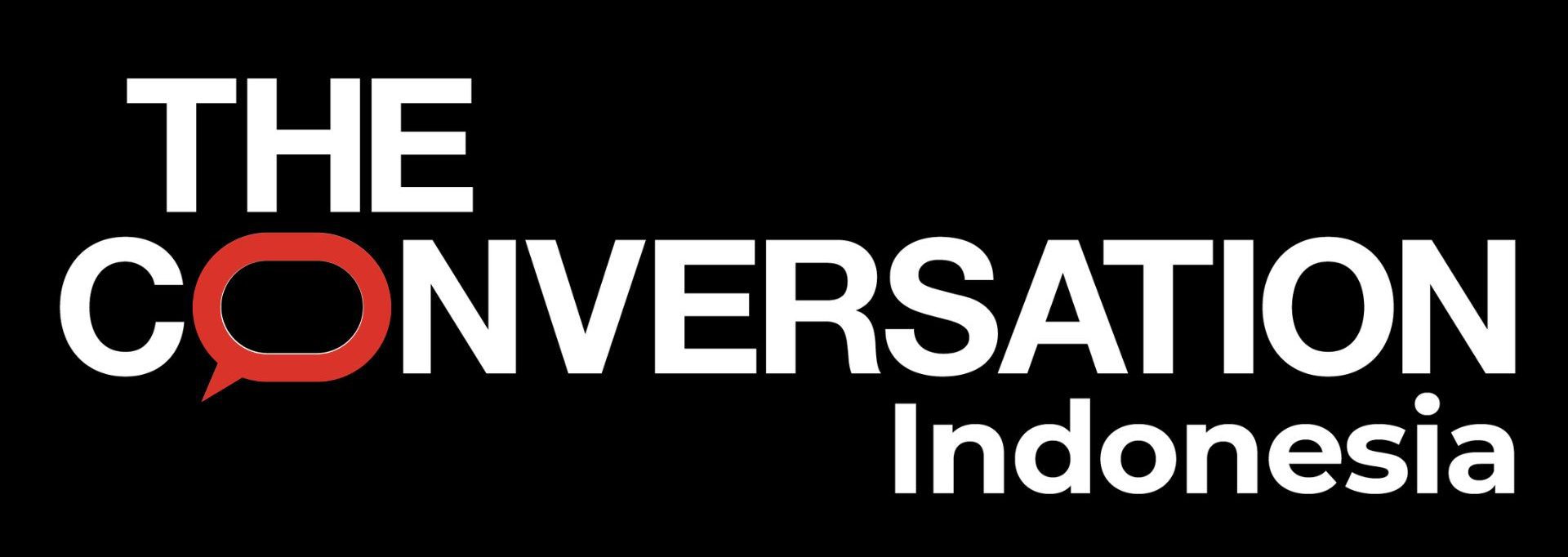Modernist film
Film genre
Modernist film is related to the art and philosophy of modernism.
Early modernist film came to maturity in the era between World War I and World War II, with characteristics such as montage and symbolic imagery, manifesting itself in genres as diverse as expressionism and surrealism (as featured in the works of Fritz Lang and Luis Buñuel)[1] while postmodernist film – similar to postmodernism as a whole – is a reaction to modernist works, and to their tendencies (such as nostalgia and angst).[2] Modernist cinema has been said to have “explored and exposed the formal concerns of the medium by placing them at the forefront of consciousness.”[3] The auteur theory and idea of an author creating a work from their singular vision became a central characteristic of modernist filmmaking. It has been said that “To investigate the transparency of the image is modernist but to undermine its reference to reality is to engage with the aesthetics of postmodernism.”[4][5] The modernist film has more faith in the author, the individual, and the accessibility of reality itself (and generally has a more sincere tone[6]) than the postmodernist film.
- Cabiria (1914)
- Intolerance (1916)
- The Cabinet of Dr. Caligari (1920)
- Manhatta (1921)
- Ballet Mécanique (1923)
- The Last Laugh (1924)
- Sherlock Jr. (1924)
- Battleship Potemkin (1925)
- The Lodger (1927)
- Sunrise (1927)
- Metropolis (1927)
- Berlin: Symphony of a Metropolis (1927)
- The Crowd (1928)
- The Passion of Joan of Arc (1928)
- Steamboat Bill, Jr. (1928)
- The Cameraman (1928)
- The Fall of the House of Usher (1928)
- Un Chien Andalou (1929)
- Man with a Movie Camera (1929)
- L’Age d’Or (1930)
- Frankenstein (1931)
- Dracula (1931)
- Two Happy Hearts (1932)
- The Tale of Tsar Durondai (1934)
- A Story of Floating Weeds (1934)
- The Life of Emile Zola (1937)
- Daffy Duck and Egghead (1938)
- Olympia (1938)
- Thugs with Dirty Mugs (1939)
- Mr. Smith Goes to Washington (1939)
- Confessions of a Nazi Spy (1939)
- Stagecoach (1939)
- Rebecca (1940)
- The Great Dictator (1940)
- The Heckling Hare (1941)
- Citizen Kane (1941)
- The Maltese Falcon (1941)
- Cat People (1942)
- Meshes of the Afternoon (1943)
- Who Killed Who (1943)
- Screwball Squirrel (1944)
- Double Indemnity (1944)
- Rome, Open City (1945)
- Leave Her to Heaven (1945)
- Detour (1945)
- Gilda (1946)
- A Matter of Life and Death (1946)
- Lonesome Lenny (1946)
- The Killers (1946)
- Out of the Past (1947)
- The Naked City (1948)
- The Boy with Green Hair (1948)
- The Bicycle Thieves (1949)
- The Third Man (1949)
- Gerald McBoing-Boing (1950)
- The Asphalt Jungle (1950)
- Sunset Boulevard (1950)
- Rashomon (1950)
- Son of Paleface (1952)
- Singin’ in the Rain (1952)
- Magical Maestro (1952)
- High Noon (1952)
- Duck Amuck (1953; also been called a postmodernist film)
- La Strada (1954)
- Voyage to Italy (1954)
- Magnificent Obsession (1954)
- Rebel Without a Cause (1955)
- Artists and Models (1955)
- All That Heaven Allows (1955; also been called a postmodernist film)
- The Apu Trilogy (1955–1959)
- Kiss Me Deadly (1955)
- The Girl Can’t Help It (1956)
- The Jaywalker (1956)
- The Seventh Seal (1956)
- Wild Strawberries (1957)
- N.Y., N.Y. (1957)
- Will Success Spoil Rock Hunter? (1957)
- Vertigo (1958)
- Hiroshima mon amour (1959; also been called a postmodernist film)
- The 400 Blows (1959)
- L’Avventura (1960; also been called a postmodernist film)
- La dolce vita (1960)
- Breathless (1960)
- The Loneliness of the Long Distance Runner (1961)
- Last Year at Marienbad (1961; also been called a postmodernist film)
- Allures (1961)
- La Notte (1961)
- Surogat (1961)
- Gay Purr-ee (1962)
- Now Hear This (1962)
- Experiment in Terror (1962)
- Two Weeks in Another Town (1962)
- The Servant (1963)
- 8½ (1963; also been called a postmodernist film)
- Shock Corridor (1963)
- The Little Prince and the Eight-Headed Dragon (1963)
- Marnie (1964)
- Mass for the Dakota Sioux (1964)
- Time Piece (1965)
- Pierrot le Fou (1965, also been called a postmodernist film)
- The Hand (1965)
- Breakaway (1966)
- Persona (1966; also called a postmodernist film)
- Andrei Rublev (1966)
- The Pop Show (1966)
- Here Is Your Life (1966)
- Blowup (1966; also been called a postmodernist film)
- Au hasard Balthazar (1966)
- Playtime (1967; also been called a postmodernist film)
- Accident (1967)
- Report (1967)
- Symbiopsychotaxiplasm: Take One (1968; also called a postmodernist film))
- Black Panthers (1968)
- Medium Cool (1968)
- Monterey Pop (1968)
- 2001: A Space Odyssey (1968; also been called a postmodernist film)
- God Respects Us When We Work, But Loves Us When We Dance (1968)
- Funeral Parade of Roses (1969; also called a postmodernist film)
- In the Year of the Pig (1969)
- My Name Is Oona (1969)
- The Color of Pomegranates (1969; also been called a postmodernist film)
- Zabriskie Point (1970)
- Gimme Shelter (1970)
- The Murder of Fred Hampton (1971)
- W.R.: Mysteries of the Organism (1971)
- Punishment Park (1971)
- Day for Night (1973; also called a postmodernist film)
- The Holy Mountain (1973; also been called a postmodernist film)
- Apple in the River (1974)
- A Woman Under the Influence (1974)
- The Diary (1974)
- Arabesque (1975)
- Jeanne Dielman, 23 quai du Commerce, 1080 Bruxelles (1975)
- The Mirror (1975)
- Mr. Klein (1976)
- Tale of Tales (1979)
- Bubble Bath (1979)
- Dead Mountaineer’s Hotel (1979)
List of notable modernist filmmakers
- Chantal Ackerman
- Robert Aldrich
- Michelangelo Antonioni (also been called a postmodernist filmmaker)
- Tex Avery (also been called a postmodernist filmmaker)
- Jordan Belson
- Ingmar Bergman (also been called a postmodernist filmmaker)
- Stan Brakhage
- Robert Bresson
- Luis Buñuel
- John Cassavetes (also been called a postmodernist filmmaker)
- Shirley Clarke
- Bruce Conner (also been called a postmodernist filmmaker)
- Jules Dassin
- Emile de Antonio
- Maya Deren
- Carl Theodore Dreyer
- Blake Edwards
- Rainer Werner Fassbinder
- Federico Fellini (also been called a postmodernist filmmaker)
- John Ford
- Sam Fuller
- Jean-Luc Godard (also been called a postmodernist filmmaker)
- William Greaves (also been called a postmodernist filmmaker)
- D.W. Griffith
- Alfred Hitchcock (also been called a postmodernist filmmaker)
- John and Faith Hubley
- Chuck Jones (also been called a postmodernist filmmaker)
- Buster Keaton
- William Klein
- Stanley Kubrick (also been called a postmodernist filmmaker)
- Akira Kurosawa
- Fritz Lang
- Joseph Losey
- Ida Lupino
- Len Lye
- Chris Marker (also been called a postmodernist filmmaker)
- Norman McLaren
- Oscar Micheaux
- Vincente Minnelli
- Yasujirō Ozu
- Nicholas Ray
- Satyajit Ray
- Alain Resnais (also been called a postmodernist filmmaker)
- Tony Richardson
- Roberto Rossellini
- Douglas Sirk (also been called a postmodernist filmmaker)
- Andrei Tarkovsky
- Frank Tashlin
- Jacques Tati (also been called a postmodernist filmmaker)
- Jacques Tourneur
- Jiri Trnka
- François Truffaut (also been called a postmodernist filmmaker)
- Agnès Varda (also been called a postmodernist filmmaker)
- Dziga Vertov
- Orson Welles (also been called a postmodernist filmmaker)
- John Whitney
- Edward D. Wood Jr.
Sources:[7][8][9][10][11][12][13][14][15][16][17][18][19][20][21][22][23][24][25][26][27][28][29][30][31][32][33][34][35][36][37][38][39][40][41][42][43][44][45][46][47][48][49][50][51][52][53][54][55][56][57][58][59][60][61][62][63][64][65][66][67][68][69][70][71][72][73][74][75][76][77][78][79][80][81][82][83][84][85][86][87][88][89][90]
[91][92][93][94][95][96][97][98]
[99][100][101][102][103][104][105][106][107][108][109][110][111][112][113][114][115][116][117][118][119][120]
- Minimalist film
- Maximalist film
- European art cinema
- Film noir
- Classical Hollywood cinema
- Melodrama
- Arthouse animation
- B movie
- Art film
- Vulgar auteurism
- World cinema
- Golden age of American animation
- Independent animation
- Limited animation
- A Personal Journey with Martin Scorsese Through American Movies
-
Beginning Postmodernism, Manchester University Press: 1999 by Tim Woods
-
Dragan Milovanovic (15 March 2009). “Dueling Paradigms: Modernist v. Postmodern Thought”. American Society of Criminology.
-
“Reading the Postmodern Image: A Cognitive Mapping,” Screen: 31, 4 (Winter 1990) by Tony Wilson
-
Perry, Ted (2006). Masterpieces of Modernist Cinema. Indiana University Press. ISBN 0253347718.
-
Murphy, Richard (2007). “Modernism and the Cinema: Metropolis and the Expressionist Aesthetic”. Comparative Critical Studies. 4 (1): 105–120. doi:10.3366/ccs.2007.4.1.105. S2CID 145016904.
-
Kovács, András Bálint (2006). “Sartre, the Philosophy of Nothingness, and the Modern Melodrama”. The Journal of Aesthetics and Art Criticism. 64 (1): 135–145. doi:10.1111/j.0021-8529.2006.00235.x. JSTOR 3700498.
-
Evans, Victoria L. (2017). Douglas Sirk, Aesthetic Modernism and the Culture of Modernity. ISBN 9781474409391. JSTOR 10.3366/j.ctt1pwt8s4.
-
Wolfgram Evans, Noell K. (26 April 2011). Animators of Film and Television: Nineteen Artists, Writers, Producers and Others. McFarland. ISBN 9780786448326.
-
Hilliker, Lee (2002). “In the Modernist Mirror: Jacques Tati and the Parisian Landscape”. The French Review. 76 (2): 318–329. JSTOR 3132711.
-
Carney, Raymond (28 January 1994). The Films of John Cassavetes: Pragmatism, Modernism, and the Movies. Cambridge University Press. ISBN 9780521388153.
-
McElhaney, Joe (February 2012). The Death of Classical Cinema: Hitchcock, Lang, Minnelli. State University of New York Press. ISBN 9780791481110.
-
Hutcheon, Linda (1990). “An epilogue: Postmodern parody: History, subjectivity, and ideology”. Quarterly Review of Film and Video. 12 (1–2): 125–133. doi:10.1080/10509209009361343.
-
Simpson, Philip; Utterson, Andrew; Shepherdson, Karen J. (2004). Film Theory: Critical Concepts in Media and Cultural Studies. Taylor & Francis. p. 171. ISBN 9780415259750.
-
Bashara, Dan (2 April 2019). Cartoon Vision: UPA Animation and Postwar Aesthetics. Univ of California Press. ISBN 9780520298132.
-
Sollors, Werner (2008). Ethnic modernism (First Harvard University Press paperback ed.). Cambridge, Mass. p. 8. ISBN 9780674030916.
{{cite book}}: CS1 maint: location missing publisher (link) -
Murray, Robin L. (2011). That’s all folks? : ecocritical readings of American animated features. Lincoln: University of Nebraska Press. pp. 85–89. ISBN 9780803235120.
Source: Wikipedia. License: CC BY-SA 4.0. Changes may have been made. See authors on source page history.
Terkait
Eksplorasi konten lain dari Tinta Emas
Berlangganan untuk dapatkan pos terbaru lewat email.

























































































































































